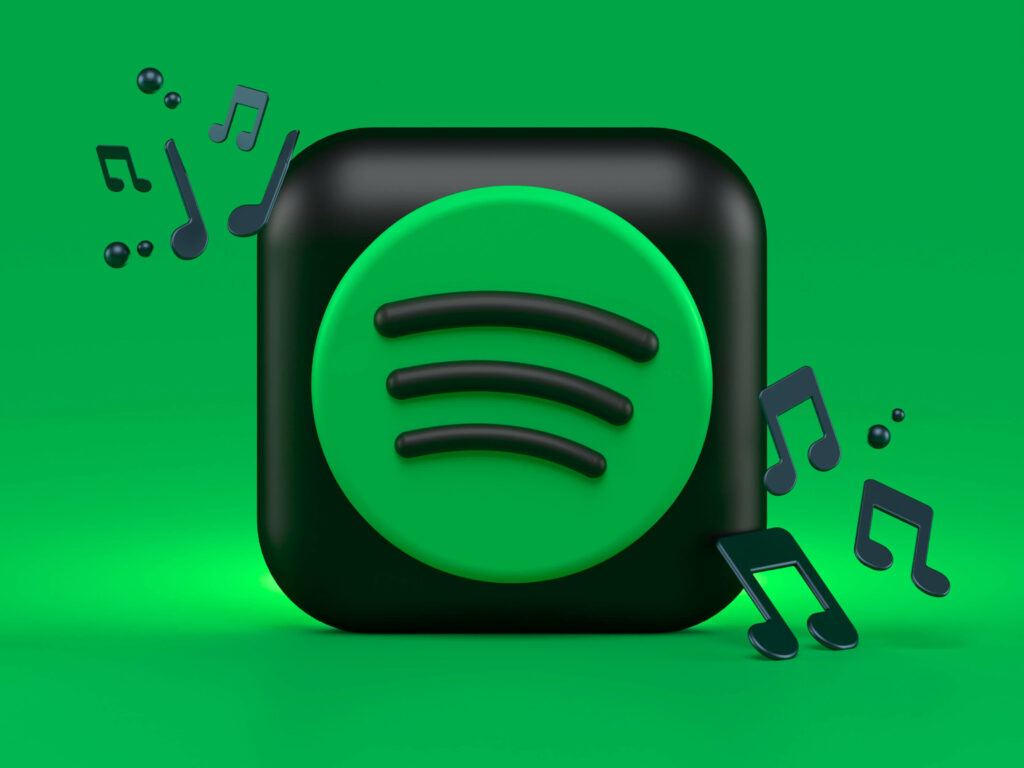Did you know that Portuguese superstar Cristiano Ronaldo reportedly makes a whopping $2.4m per sponsored post on his social media platforms? In fact, he stands top of the list of social media highest earning influencers.
While you may not reach Ronaldo’s level of earnings, what if we told you that you, too, can make a substantial income with your social media following?
The question is how?
This guide will provide an overview of the various social media monetization strategies. These will help you with:
- YouTube monetization
- Instagram monetization
- Facebook monetization
- Twitter monetization, and
- Affiliate marketing on social media
We’ll also look at what works for each platform while staying true to your audience and brand.
Let’s get started!
Table of Contents
Social Media Monetization: Why Does It Matter?

Social media monetization matters for several reasons. For starters, it has become an essential aspect of the digital ecosystem. It has also transformed how businesses, content creators, and users interact online.
Here’s why this subject has become crucial in today’s digital world:
- Business growth: Monetizing social media platforms create new revenue streams for businesses. Brands can leverage social media advertising, sponsored content, and influencer marketing to reach wider audiences, drive sales, and increase brand awareness.
- Creator economy: Social media monetization supports the creator economy by enabling content creators to earn a living through monetization tools such as subscription services, tipping, and paid partnerships. This encourages high-quality content production and fosters creativity.
- User experience: Monetization can enhance the user experience by funding the development of new features and improvements on social media platforms. This attracts more users, leading to a more diverse and engaging online community.
- Job creation: As the social media ecosystem grows, new job opportunities arise, including management, content creation, digital marketing, and analytics. This contributes to overall economic growth and development.
- Global connectivity: Social media monetization helps platforms to expand their reach to different parts of the world, promoting cross-cultural exchanges and enhancing global connectivity.
- Social impact: Monetization can also support social causes, as influencers and content creators can use their platforms to raise awareness and funds for various issues.
How to Monetize Your Social Media Channels?
Here are effective strategies to monetize your social media channels:
Affiliate Marketing
Affiliate marketing is a performance-based marketing strategy where you promote products or services from other businesses and earn a commission for each sale or lead generated through your unique affiliate link.
A successful online entrepreneur, Pat Flynn has built a thriving business leveraging affiliate marketing. He also shares valuable insights and tips on his popular blog, Smart Passive Income, helping others replicate his success.
This approach is an excellent way to monetize your social media channels. It lets you engage your audience with relevant, high-quality products or services.
Choosing a niche that aligns with your content and audience’s interests is crucial for success. You can sign up for affiliate programs like Amazon Associates, ShareASale, or ClickBank. Whichever you pick, they must be offering products or services within your niche.
Lastly, ensure transparency by disclosing your affiliate partnerships to your audience and adhering to the platform’s advertising guidelines.
Sponsored Posts and Videos
Brands pay influencers to create and share content promoting their products or services on various platforms.
For instance, YouTube monetization often includes sponsored video collaborations, while Instagram monetization features sponsored posts and stories. Similarly, Facebook monetization involves creating sponsored content for the platform.
But, first things first. Select partnerships that align with your niche, audience interests, and values to successfully incorporate sponsored content.
You’d want to create engaging, high-quality content seamlessly integrating the sponsored product while maintaining authenticity and credibility. Disclose the sponsored nature of the content to maintain trust with your audience.
Paid Influencer Marketing
This strategy involves brands collaborating with influencers to promote their products or services. Unlike affiliate marketing on social media, where earnings depend on generated sales or leads, influencers receive a predetermined fee for their promotional efforts.
Influencers’ reach and credibility are crucial factors brands consider when collaborating. Consequently, you’d want to establish a strong online presence and focus on creating high-quality content that resonates with your audience. As your following grows, brands may approach you for partnerships, or you can proactively pitch your services to relevant businesses.
Paid Memberships
Paid memberships are another popular social media monetization strategy. Platforms like YouTube, Patreon, and Twitch allow content creators to offer exclusive content, perks, and benefits to their subscribers for a monthly fee. This revenue stream can supplement YouTube advertising revenue, providing creators with a more stable and predictable income.
By offering a paid membership tier, content creators can tap into their loyal audience and provide premium content, early access to videos, behind-the-scenes footage, or personalized interactions. This helps creators diversify their revenue streams. But it doesn’t stop there; it also strengthens the relationship between them and their audience, leading to higher engagement and retention rates.
To successfully implement paid memberships as part of your social media monetization plan, it’s crucial to understand your audience’s preferences and provide valuable, exclusive content that encourages them to subscribe. Additionally, you should maintain clear communication with your members and ensure a seamless user experience by promptly addressing their queries or concerns.
Educational Online Courses
Educational online courses are an excellent way to monetize your social media channels while sharing your knowledge with your audience. Popular platforms such as Teachable, Udemy, and Skillshare make hosting and selling courses easy. These can help you reach an even wider audience.
Success here depends on identifying the topics your audience is interested in and developing comprehensive, high-quality course content that addresses their needs. It’s always best to offer various formats, such as video lectures, text-based materials, quizzes, and interactive assignments. This helps create an engaging learning experience.
Next, promote your courses on social media by sharing teasers and testimonials. Finally, collaborate with other influencers or experts in your niche to expand your reach and build credibility.
Conclusion
There you have it – practical steps for monetizing social media channels. You can transform your online presence into a profitable venture by exploring the options above. Remember, the key to success lies in offering genuine value to your audience and staying authentic. Also, maintaining transparency is non-negotiable. As you grow your following without sacrificing trust, you’ll unlock new monetization opportunities while positively impacting your community. So, start implementing these strategies today and embrace the potential of social media monetization. Good luck!
- Social Media Evolution: Tracing the Origins and History - October 2, 2023
- The Power of Social Media Influencers: Top Influencer Impact - October 2, 2023
- Cracking the Code: Understanding and Navigating Social Media Algorithms - October 2, 2023

